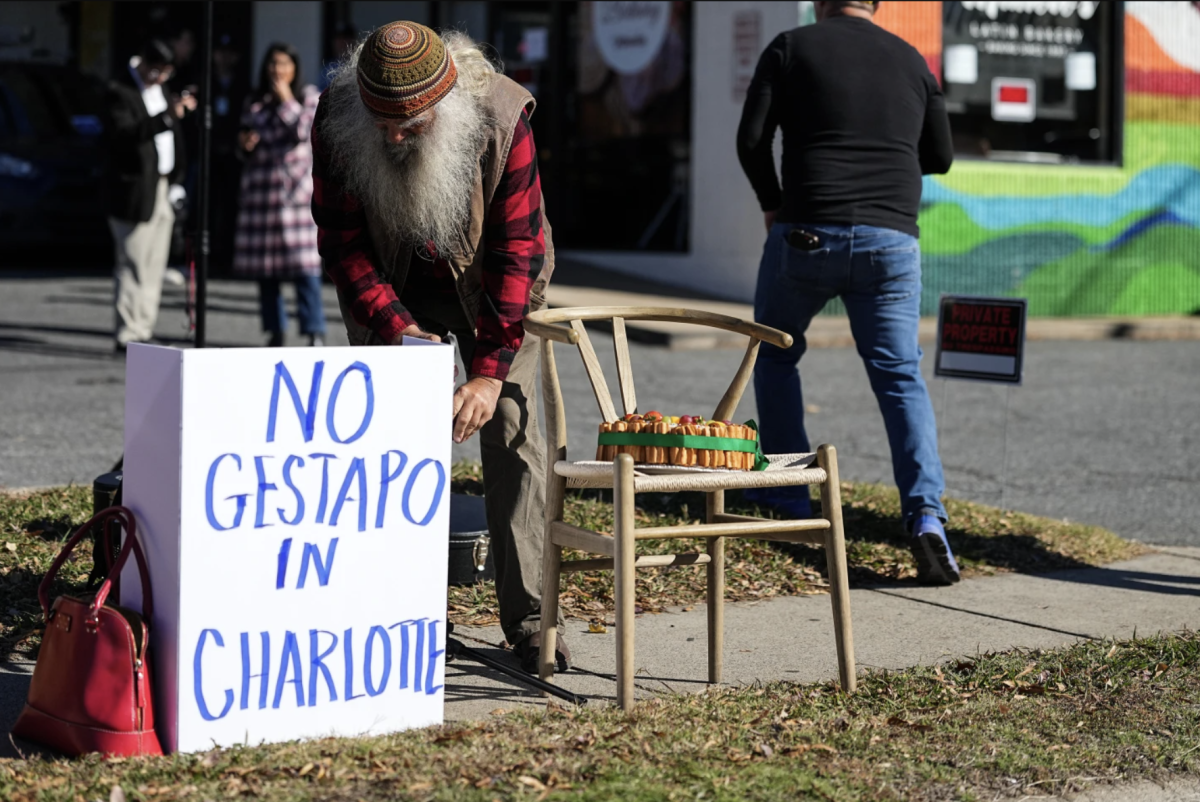The clock is ticking against an immigration deadline of March 6 when the Deferred Action for Childhood Arrivals (DACA) program expires. The debate has already caused over government shutdown as the two sides have so far been unable to come to a unified solution. However, a new bipartisan group in the House, who call themselves the Problem Solvers Caucus, has a plan they believe finds a compromise between helping the DACA recipients and protecting American borders. The proposed bill would allow recipients a 10- to 12-year pathway to citizenship by creating a merit-based visa rather than a diversity visa and also include $1.591 billion for barrier infrastructure planning, design and construction. From the U.S. Citizenship and Immigration Services. “I am frustrated that there are so many partisan extremists that are more interested in achieving political victories than in actually solving these important issues,” caucus co-chair Rep. Tom Reed (R-NY) said. “In the Problem Solvers Caucus, members share common goals and the willingness to work together within a culture of trust. The result is this sensible proposal based on a core commitment to help people, families and our country become stronger, safer and more unified.” The group hopes the bill will recieve support from both Congress and the White House in time to be signed into law before the March 5 dealine. “The bipartisan Problem Solvers Caucus has been relentless in working toward a bipartisan proposal that finally protects DREAMers, keeps America’s borders secure, and lives up to our ideals as a country,” caucus co-chair Josh Gottheimer (R-NJ) said. “These principles are the result of months of dedicated work from every member in the caucus. No one got everything they wanted, and that’s the reality of governing – and I didn’t feel the DREAMers could wait any longer.” However, the group’s plan could likely see opposition from immigration hardliners who few any sort of path to citizenship as a form of amnesty for illegal immigrants. There is also concern the White House will want to promote their own plan, instead of the more compromise-driven House version. DACA was announced June 2012 as a way for people who were brought to the United States as children to request consideration of deferred action for two years with an opportunity to re-apply. Now there are approximately 689,000 DACA recipients, including some TCU students.
From the U.S. Citizenship and Immigration Services. John Singleton, the director of International Services, said he guesses TCU has 20-25 DACA recipients. “It created a pathway to vet a person and help them become legal,” Singleton said in reference to TCU DACA recipients, also known as Dreamers. “You couldn’t even apply for DACA if you have a criminal violation. So you already start with a program that chooses the best of the best. It was really an amazing smart humanitarian move.”
From the U.S. Citizenship and Immigration Services. Last September President Trump announced his plan to phase out DACA, with it ending March 5. This plan allowed DACA recipients to renew their permits one last time, but if their permit expired, it could lead to deportation. “I think that the biggest and most important thing should be human dignity being compromised, and if so, how can we solve this problem in a way where we can still value human dignity” first-year student Selena Connell said. “Then the second part of it would be if that has to be compromised, it shouldn’t be done.” Second-year student Brandon Warren said he has many friends who are DACA recipients and would like to see them better represented in the government. “I think they need to get together and just think of the best interest for them,” said Warren. “Because they do a lot of jobs that people don’t want to do.” Singleton said that he can’t imagine what the dreamers are feeling, many having gone through much already. “Somehow you manage to make it through,” said Singleton “Somehow you manage to be a good student because you don’t just get into TCU without being good. Somehow you get through all of that, and then one day the place where you are says ‘We don’t value you. We don’t want you around.’ Significant numbers of people say that. I can’t begin to know what they are thinking. It must be terrible.”



